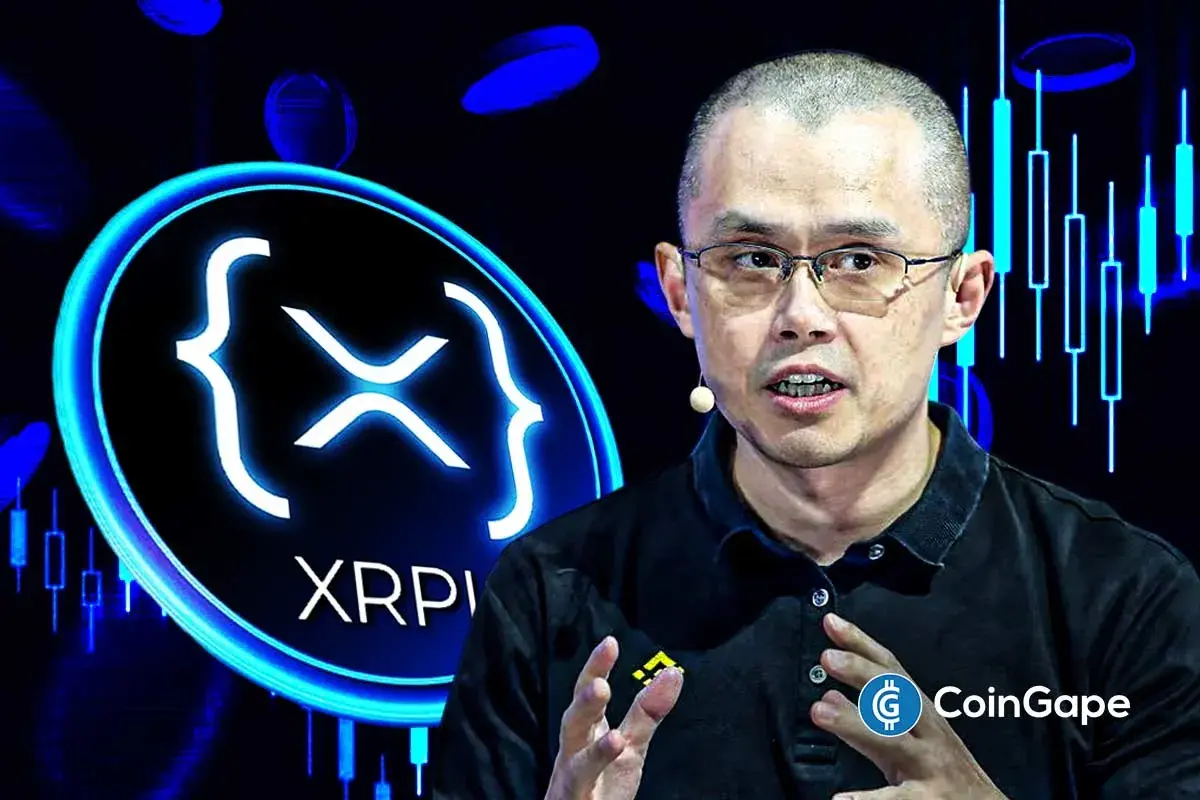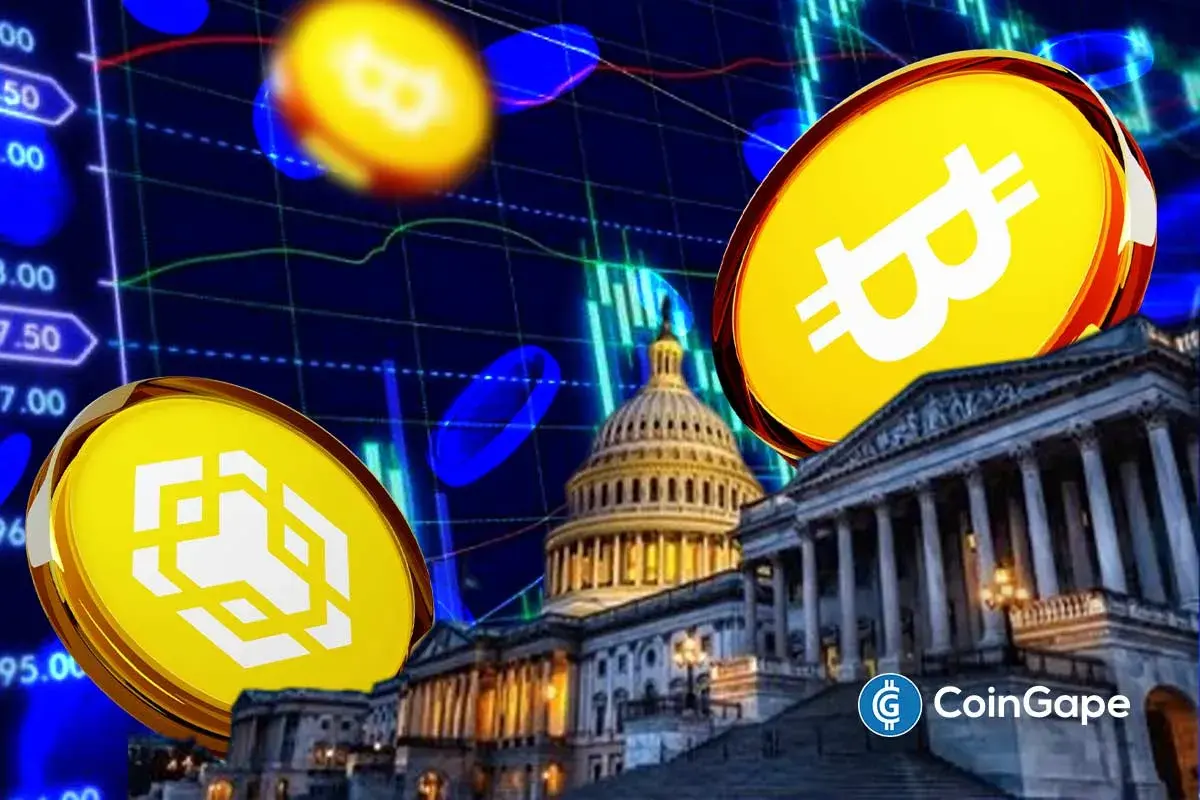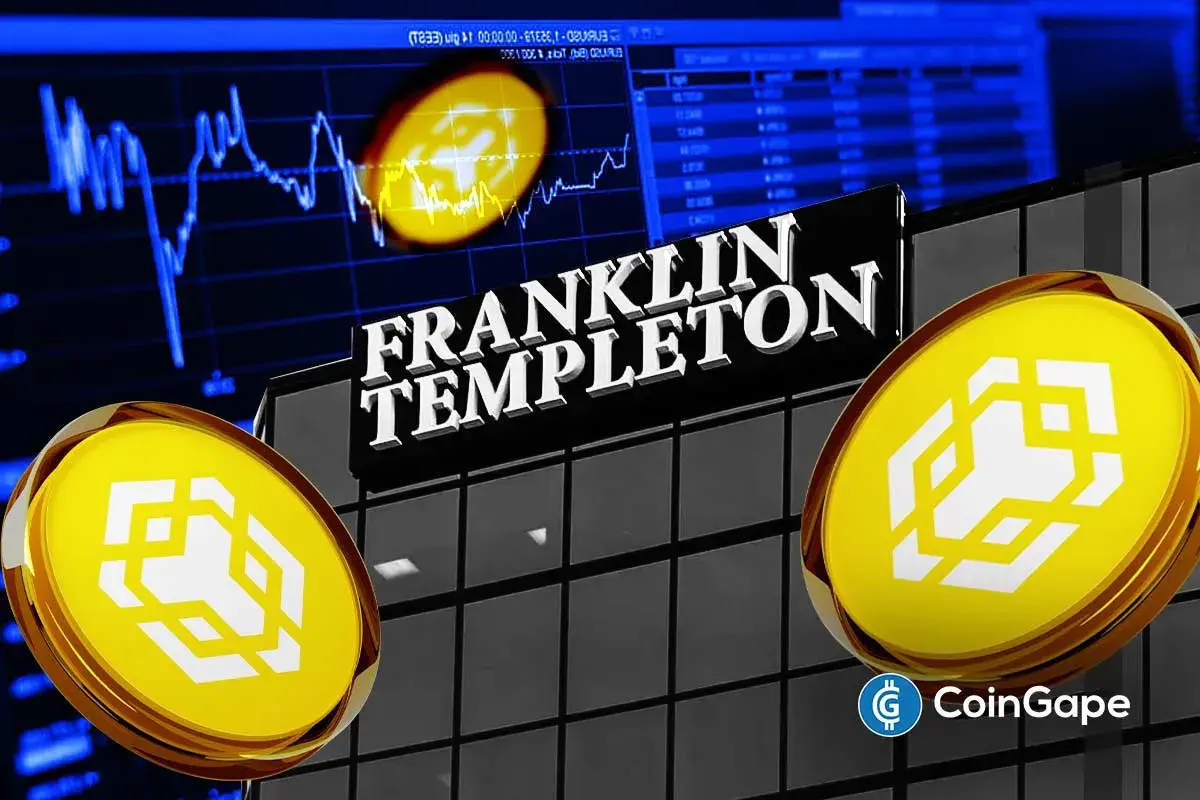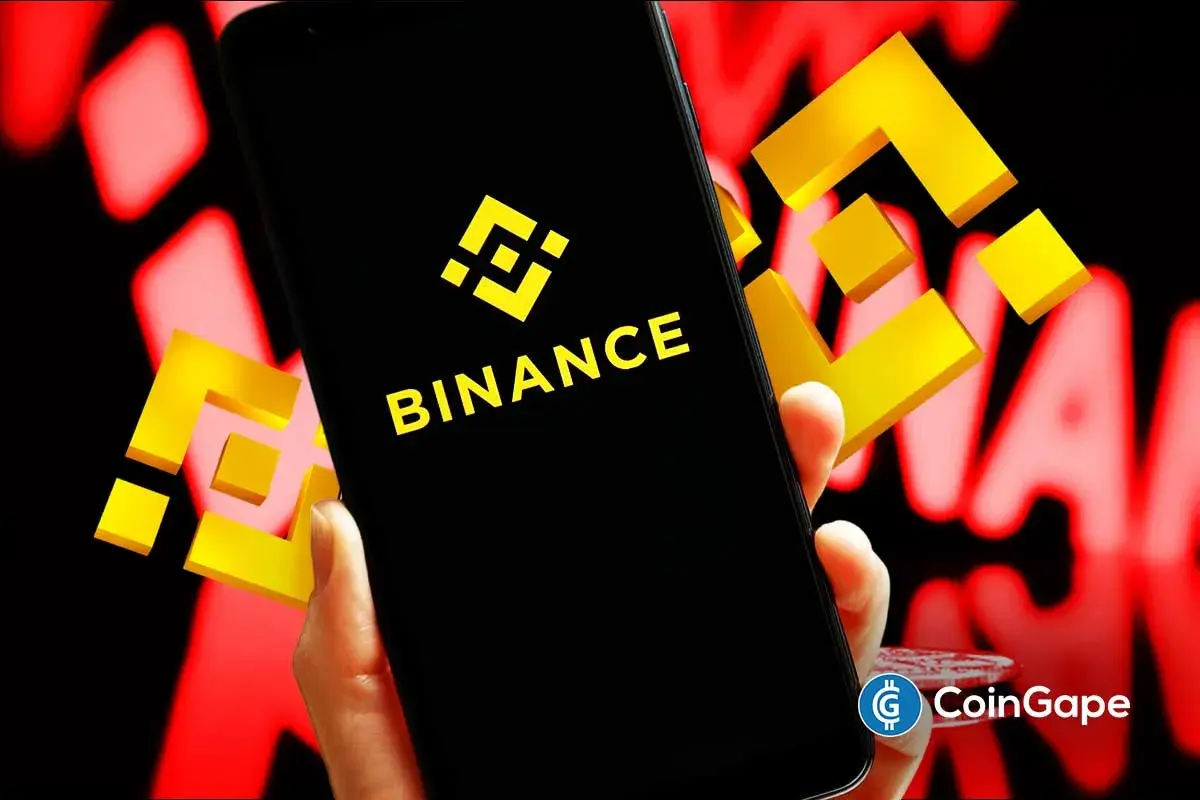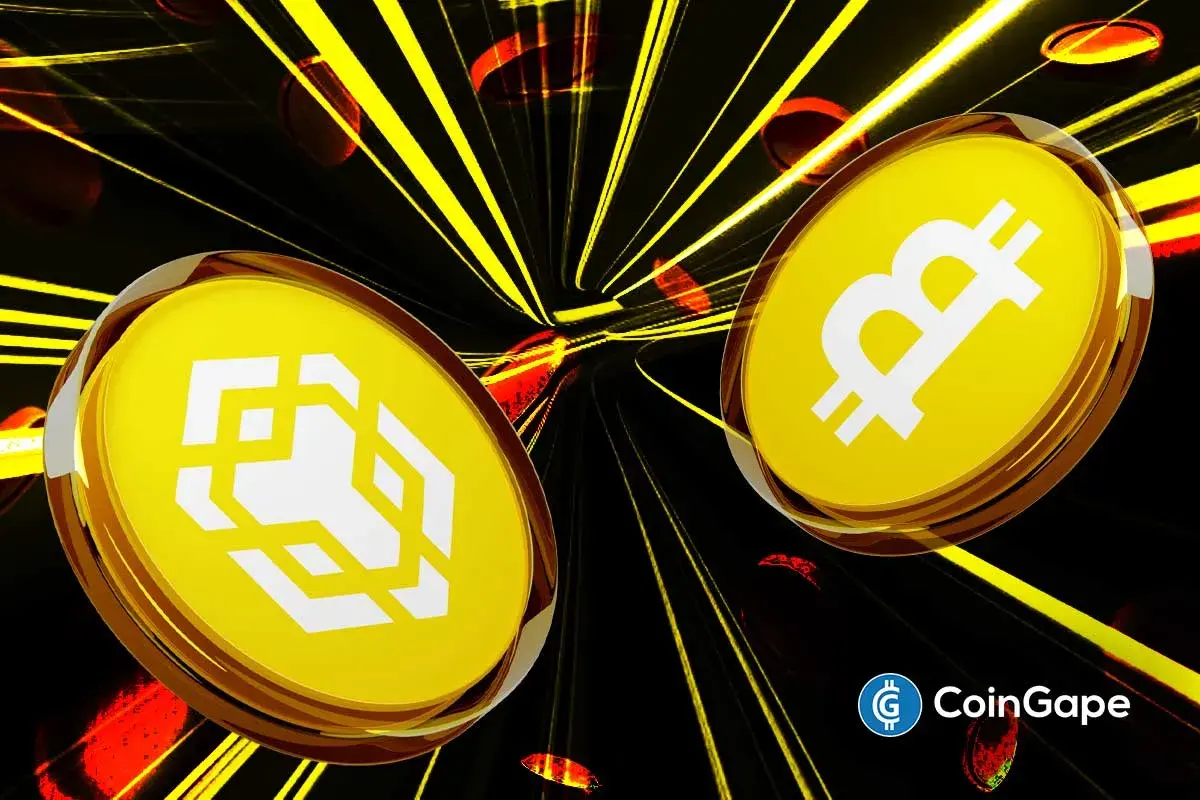Binance CEO CZ Responds to Allegations of Dumping BTC/BNB

The recent lawsuit filed by the US Securities and Exchange Commission (SEC) against Binance, one of the largest cryptocurrency exchanges, has sparked concerns within the crypto industry. As Binance Coin (BNB) faces a decline in value due to the lawsuit and an exploit on the Binance Smart Chain’s Binance Bridge, allegations have emerged regarding Binance and its CEO, Changpeng Zhao (CZ), selling spot Bitcoin (BTC) in a “liquidation waterfall” strategy. In response to these claims, CZ took to Twitter to refute the allegations and shed light on the situation.
CZ Response On Selling BTC
In response to a tweet by Skew, CZ vehemently denied the claims of selling BTC. Through his official Twitter account, CZ (@cz_binance) stated,
“Binance has not sold BTC or BNB. We even still have a bag of FTT.”
He further expressed astonishment at the notion that one can determine specific sellers based solely on a price chart involving millions of traders, dismissing it as FUD (Fear, Uncertainty, and Doubt).
Skew claimed that BTC was being sold off for USDT reserves, which were then aggressively used to pump into BNB since May 27th. Additionally, BNB was allegedly sold off for BUSD to suppress volatility in BTC, and BUSD was further pumped into BTC to suppress downside volatility, allowing for BTC to be swapped out for USDT.
CZ’s response provides Binance and its users with reassurance amid the ongoing SEC lawsuit. By firmly denying the allegations, CZ aims to restore confidence in Binance and its operations.
Why Spot Selling BTC?
Another Tweet by @JW100x alleged that Binance and CZ were selling spot Bitcoin to defend against a $220 liquidation waterfall. Reports emerged that CZ has been taking measures to prevent BNB from plummeting to $220, a critical level that could result in the liquidation of $200 million on the Venus Decentralized Autonomous Organization (DAO).
Read About Binance Bridge Hack In October 2022..
This strategy, known as a “liquidation waterfall,” is a common tactic employed by exchanges to protect their users from substantial losses. By selling spot Bitcoin and acquiring BNB, they aim to defend the $220 liquidation level and mitigate the risk of significant losses. However, this approach also imposes a limit on the potential upside of Bitcoin.
Bitcoin (BTC) has experienced a slight decline in value over the past week. As of now, the price stands at $25,922.80, reflecting a decrease of 3.72% over the last seven days.
- XRP Realized Losses Spike to Highest Level Since 2022, Will Price Rally Again?
- Crypto Market Rises as U.S. and Iran Reach Key Agreement On Nuclear Talks
- Trump Tariffs: U.S. Raises Global Tariff Rate To 15% Following Supreme Court Ruling
- Bitwise CIO Names BTC, ETH, SOL, and LINK as ‘Mount Rushmore’ of Crypto Amid Market Weakness
- Prediction Market News: Kalshi Faces New Lawsuit Amid State Regulatory Crackdown
- Dogecoin Price Prediction Feb 2026: Will DOGE Break $0.20 This month?
- XRP Price Prediction As SBI Introduces Tokenized Bonds With Crypto Rewards
- Ethereum Price Rises After SCOTUS Ruling: Here’s Why a Drop to $1,500 is Possible
- Will Pi Network Price See a Surge After the Mainnet Launch Anniversary?
- Bitcoin and XRP Price Prediction As White House Sets March 1st Deadline to Advance Clarity Act
- Top 3 Price Predictions Feb 2026 for Solana, Bitcoin, Pi Network as Odds of Trump Attacking Iran Rise







